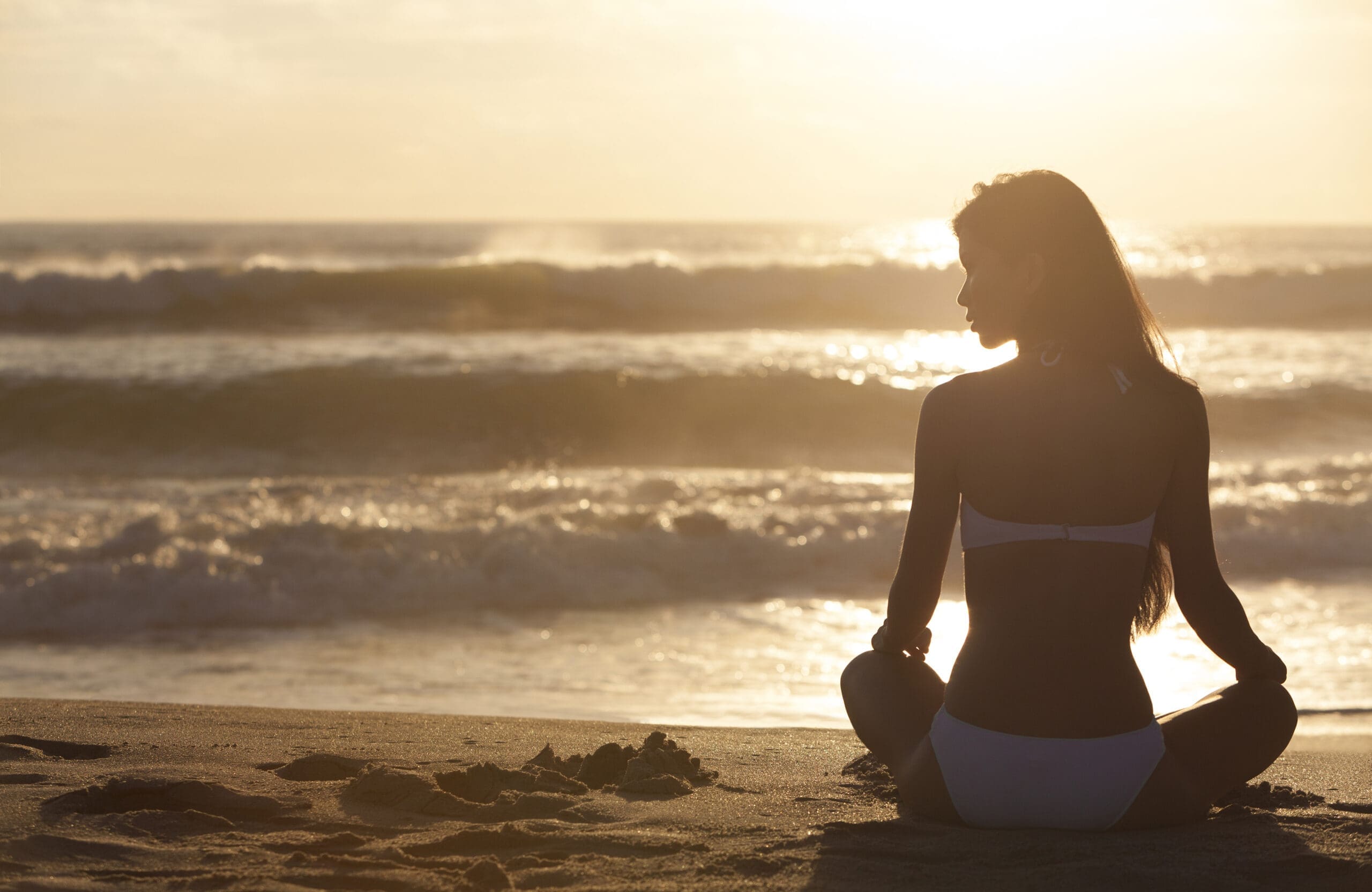Sustainable sneakers brand Cariuma are fast becoming the leading sneaker alternative to most mainstream brands.
If you haven’t made the switch to sustainable sneakers yet, it might be time to.
The arrival of autumn always leaves a little sober feeling that summer is on its way out and it’s time to embrace the cooler temperatures.
As we think about our autumn wardrobes, adding a spot of colour to brighten things up is high on the style list. Especially with sneakers.
So, if you’re thinking about adding a dose of colour to your Autumn wardrobe, we have found just the thing. Cariuma, the sustainable sneaker brand.

Co-founded by David and Fernando who worked together for many years, whilst bonding over their mutual love of all things boardshorts, skateboarding, surfing, snowboarding and Brazil (their home country), they decided to join forces to start a sustainable sneaker brand – Cariuma.
They left their jobs with the shared idea to build a company that would better serve people and the planet.
“We knew the industry-standard “cool-classic” sneakers were really uncomfortable and that the big corporations weren’t socially responsible and didn’t really care about sustainability in an active way”, they claim.

“We also felt we had a duty to take a stance against the wasteful practices inherent in fast fashion. It was vital for us to reinvent the sneaker game. That’s why our sneakers are good-looking, crazy comfy and consciously made. We knew we wanted to make future classics with an increased lifespan that evolve with you and your sense of style”.
In the last decade specifically, sneakers have shifted from being used for sporting activities only, to a major fashion staple item. And for good reason.
Our feet are the body’s foundation. Keeping them healthy is vital to overall health of the body. Years of wear and tear can be hard on the feet when the wrong shoes are being worn. Shoes that don’t fit properly, or wearing the wrong shoes for long periods of time, can result in having your back misaligned, shin splints and even bunions.
If you do have serious foot issues, seeking a podiatrist is highly recommended. And adding the comfort of a well built sneaker, which is also fashionable and looks great, will help to prevent any future issues with your feet.
Cariuma has a variety of sneaker styles and colours for any occasion, to suit any style. And they have just added three new hues designed to take you from the classic white sneaker to a pop of colour.
The three new seasonal shades, French Oak, Withered rose and Tapestry are available in the ever-popular OCA Low style. They sold out so fast, a waitlist of around 77,000 people generated for the consciously crafted Autumn days ahead.

The new Withered Rose look (pictured above) by Cariuma is selling fast.
Now back in stock, the internet-famous Oca Low style sneakers has more than 20,000 five-star reviews.
These sneakers are also on high rotation among some of the best known celebrities, like Alexandra Daddo from White Lotus who stepped out in a pair of Cariuma Salvas and Ashton Kutcher has been seen sporting the popular Oca Low

Alexandra Daddo from White Lotus stepped out in a pair of Cariuma Salvas

Ashton Kutcher was also seen sporting the popular Oca Low at a Netflix launch.
Other celebs rocking the Cariuma style were Aussie Olympian swimmer Cody Simpson was snapped on Instagram wearing the Naioca Pro and Naomi Watts has also been seen wearing the popular Oca High on her socials as well.

What makes the sneaker sustainable?
The brand curates premium raw materials in order to yield a smaller footprint. Materials such as organic cotton grown from regenerative methods, without harmful pesticides or fertilizers. Rubber collected through the use of ethical tapping to prevent the logging of the trees for rubber. Bamboo is also used, as it’s the fastest growing tree in the world. Sugarcane which is sourced from Brazil which uses rainwater for irrigation.
The brand also uses cork, which is scraped off cork trees which then naturally reoccurs without causing deforestion for production. The list goes on, on ways this brand has sourced the most ethical materials to make the shoes.
The outcome?
By making shoes used from more natural fibres and materials, Cariuma shoes (once they have had their day) break down naturally, compared to more mainstream sneakers which can take decades to break down as they are made from more plastic fibres that take a lot longer to break down and cause more damage to the planet.
So what’s the fuss and why is their a waitlist for Cariuma’s?
Not only does the shoe marry sustainability and style, their comfort level of support and durablility means, no more blisters, and no sore feet or toes.
They’re made with an eco-friendly foam footbed, which is designed to mould your unique foot to deliver the ultimate in superior cushioning and support for your feet, in all areas.
This material also has impressive shock absorbing capabilities, meaning it will prevent fatigue when you’ve been on your feet too long. Perfect for travelling.
All Cariuma shoes are made with organic cotton, which means no more smelly feet. And the design is also enhanced with durable (and naturally sourced) rubber outsoles, which keep you stabilised while you’re walking and secure on any surface. They also feature grippy traction patterns to boost their anti-slip benefits.

The shoes are 100 percent vegan, and with over 50 colourways to choose from, you can own multiple pairs for different fashion looks.
What’s more Cariuma has developed a reforestation program so you can not only wear sustainable sneaker but give back to the environment at the same time.
Cariuma plants two trees for every pair of shoes sold.
“The program is completely run by our own team and is focused on more than just planting trees, but overall reforestation of the Brazilian rainforest.
Most of our trees are planted in the Atlantic forest biome where only 11% of their original covering is still standing. This forest is home to a large number of animals and tree species – one of the most relevant biomes to be restored when it comes to biodiversity.
We are committed to having part of our trees planted in indigenous land, enhancing indigenous culture and knowledge. Around 70 indigenous people (Guarani people and Tupiniquim people) work connected to our program”, they stated.



